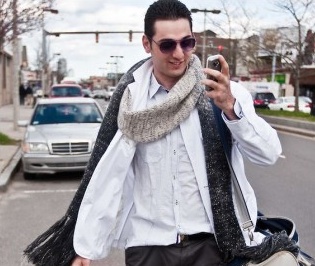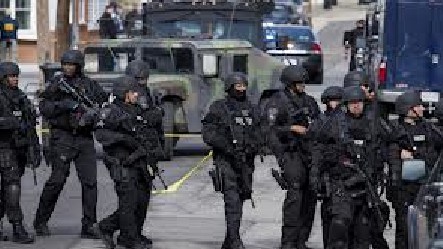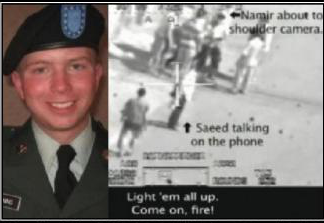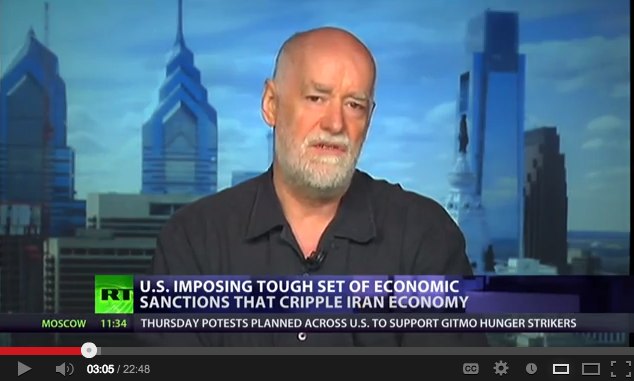I write a lot of critical things about militarism, our unnecessary wars and our growing surveillance/police state. So it was heartwarming to watch the videos and listen to the stories from the Boston Marathon bombing about civilian “first-responders” who chose not to flee but to wade into a very messy situation.
It’s clear that quick action by some very ordinary citizens — people without badges or weapons — made the difference between three dead and seven or eight dead. For me, such civilian involvement in incidents like this presents a model for an alternative to the malignant post-911 world we now live in. Driven by fear, suspicion and secrecy, officialdom and police agencies have too often become remote agencies of great suspicion themselves.
It’s true the FBI and the immense fusion of surveillance, police and military elements that effectively declared martial law in Boston did run to ground the bombers in incredibly short time. Very impressive. It’s the collateral damage that scares me, the passivity of those without badges, uniforms and weapons in the face of an arrogant blitzkrieg of police and military self-aggrandizement and mission overkill.
We would all benefit if the impulse toward secrecy was discouraged and more information could be shared with the American public. This doesn’t mean an FBI or police investigation should be transparent and media TV trucks should follow cops doing their investigative work. It would require citizens to step up more. What this means is, for the good of the nation, police agencies need to be more vulnerable, since much of what is made secret is not for security reasons but to avoid embarrassment and to cover up unpleasant or even illegal activity by authorities.
The story of my friend Carlos Arredondo is a case in point.
 Carlos Arredondo, with hat, and others rush Jeff Bauman to an ambulance as Carlos pinches the femoral artery
Carlos Arredondo, with hat, and others rush Jeff Bauman to an ambulance as Carlos pinches the femoral artery
Carlos is a much-touted hero in the Boston bombing for his quick and unflinching intervention that saved the life of a man who would have very quickly bled to death from devastating wounds to his legs. I know Carlos through Veterans For Peace. Ever since his Marine son Alexander was killed in Iraq in 2004, Carlos has dedicated his life to working for peace. As if the loss of one son was not tragedy enough, a second son committed suicide due to depression connected to the loss of his brother in Iraq.
I’ve talked with Carlos several times here and there across the country where he would appear with a pick-up truck and trailer assembly festooned with antiwar statements, large posters of his son Alex and many American flags. Carlos is a strong, humble Costa Rican man with a wonderful Spanish accent. He’s now an American citizen. Looking at his truck and trailer, some might see Carlos as an eccentric; but for me and many others his warm humanity always trumped any suggestion of eccentricity. Carlos is a man with a huge heart, a beautiful man caught up in the meat-grinder of a dark and ugly political period. More important, he’s also a very social being who refuses to remain silent or apart from others.
So it was not surprising that Carlos waded into the horrific scene and helped out. As Carlos was headed home afterwards, his sweat shirt soaked with blood, a You Tube video shows him telling a young woman on the street what just happened. His hands are visibly shaking from the experience he had just undergone. Here’s a radio interview with Carlos.
 State of Seige? Scene from the Watertown Investigation
State of Seige? Scene from the Watertown Investigation







